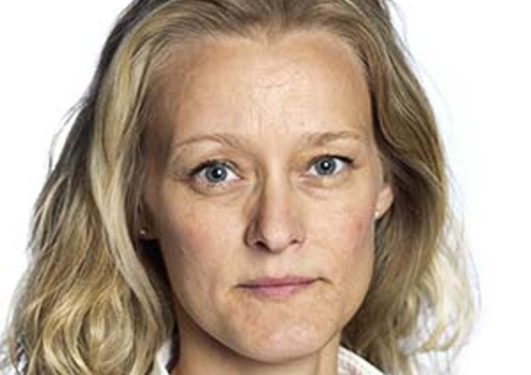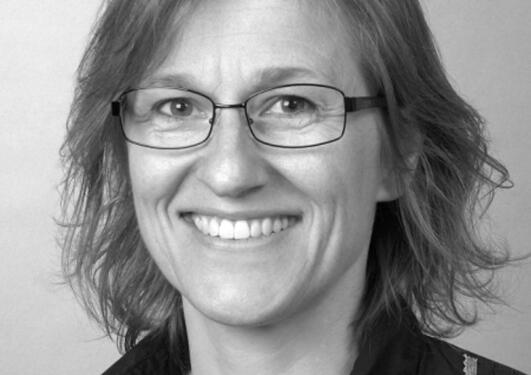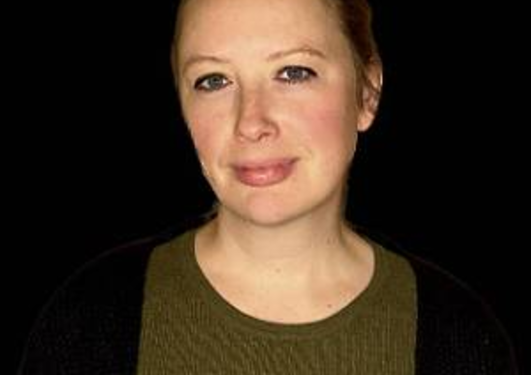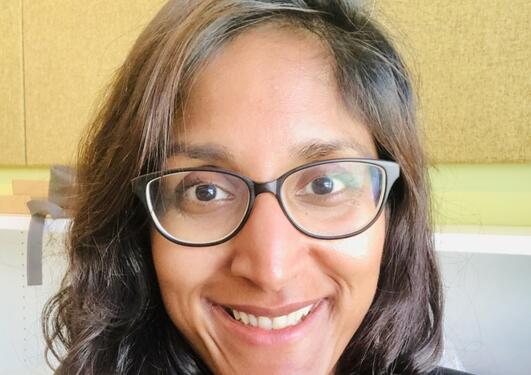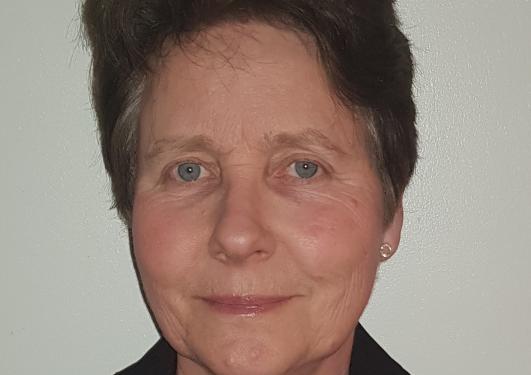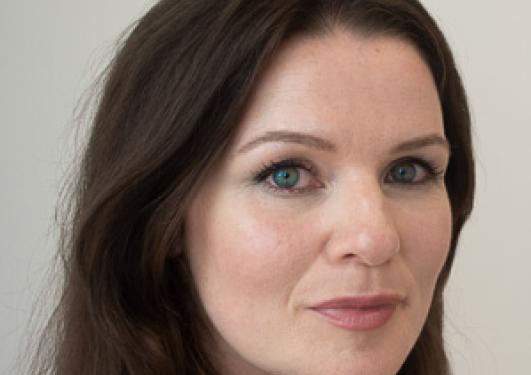The KLAR study
One in three women experiences significant health issues during menopause. There is therefore a pressing need for increased knowledge about how menopause affects women's sick leave and withdrawal from the workforce.

Main content
Project description
For the Norwegian context there is no available research on women’s experience with menopause in encounters with healthcare or working life. In Norway, all citizens have a designated general practitioner (GP) being their primary health contact as well as the gatekeeper to specialist health care. GPs thus have a crucial role in health care for all citizens, also for women with menopausal health complaints. Studies find that health complaints during the menopausal transition range from mental health issues, musculoskeletal pain, joint stiffness, sleep deprivation, fatigue, headache, ‘brain fog’, asthma and severe hot flushes impacting women’s quality of life and potential for sustainable work participation. Intervention studies/projects aiming to inform menopausal women about menopausal health issues, found significant improvement in women’s self-reported health, wellbeing and presenteeism after the intervention.
When dealing with menopause, lack of awareness and access to appropriate knowledge is a major challenge in many societies, also Norway. Women empowerment in decisions about their health is therefore of major importance. There is a potential for studies empowering women to manage their own health complaints in relation to work life and workplace and to encounters with the healthcare system, in particular GP’s, for example through informational efforts, support, utilizing available health care resources, and practicing active self-care. The KLAR study will strengthen the knowledge base on how women, health care professionals and organizations/ employers experience and manage menopause and identify hinderances and facilitators for meeting women’s needs in relation to work participation and inclusion.
KLAR will bring novel knowledge to how women’s health in midlife is framed in health and welfare policy and hence also contribute to systemic awareness of how attitudes to women’s health in general, and menopause in particular, are shaped in the public sphere, at workplaces and in health care.
The work was initiated in 2022 by the research group on work, health, and gender at the University of Bergen. The full Norwegian title of the project is KLAR - kvinnehelse, overgangsalder og arbeidsliv.
Highlights
The KLAR study strengthens the information about menopause on Helsenorge.no
In spring 2024, the KLAR-study was invited by the Norwegian Directorate of Health to revise the information about menopause on the Helsenorge.no website. The Helsenorge.no website is the main public channel for quality-assured content about health, lifestyle, illness, treatment and rights. Helsenorge.no provides citizens with a main entrance to the health and care service online. Helsenorge.no helps citizens master their own health, find their way around the health service and safeguard their rights. The revised webpages were launched on the 8th of March 2025. The KLAR study will continue the work, which will also include information about menopause and working life.
KLAR puts menopause and working life on the agenda
with a new guide for Bergen Municipality.
The KLAR study was an important contributor to the new guide for menopause that Bergen Municipality launched on January 8th 2025. The guide contains information about menopause, what employees can do themselves, what managers can do and what colleagues can do. Here, managers also find tips on how they can put menopause on the agenda and work to promote presence in this phase of life. The guide is part of ‘Nærværsprosjektet’ of Bergen Municipality.
KLAR contributes to the discussion of menopause in the workplace.
Since the beginning of the study, the researchers have held over 50 presentations all across the country. Municipalities, public agencies, private companies, organizations, etc. have put menopause and working life on the agenda. Now thousands of women and men have more knowledge about women's health, menopause and work.

